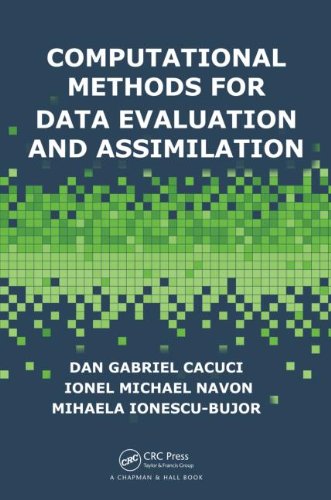

Most ebook files are in PDF format, so you can easily read them using various software such as Foxit Reader or directly on the Google Chrome browser.
Some ebook files are released by publishers in other formats such as .awz, .mobi, .epub, .fb2, etc. You may need to install specific software to read these formats on mobile/PC, such as Calibre.
Please read the tutorial at this link: https://ebookbell.com/faq
We offer FREE conversion to the popular formats you request; however, this may take some time. Therefore, right after payment, please email us, and we will try to provide the service as quickly as possible.
For some exceptional file formats or broken links (if any), please refrain from opening any disputes. Instead, email us first, and we will try to assist within a maximum of 6 hours.
EbookBell Team

4.8
104 reviewsData evaluation and data combination require the use of a wide range of probability theory concepts and tools, from deductive statistics mainly concerning frequencies and sample tallies to inductive inference for assimilating non-frequency data and a priori knowledge. Computational Methods for Data Evaluation and Assimilation presents interdisciplinary methods for integrating experimental and computational information. This self-contained book shows how the methods can be applied in many scientific and engineering areas.
After presenting the fundamentals underlying the evaluation of experimental data, the book explains how to estimate covariances and confidence intervals from experimental data. It then describes algorithms for both unconstrained and constrained minimization of large-scale systems, such as time-dependent variational data assimilation in weather prediction and similar applications in the geophysical sciences. The book also discusses several basic principles of four-dimensional variational assimilation (4D VAR) and highlights specific difficulties in applying 4D VAR to large-scale operational numerical weather prediction models.